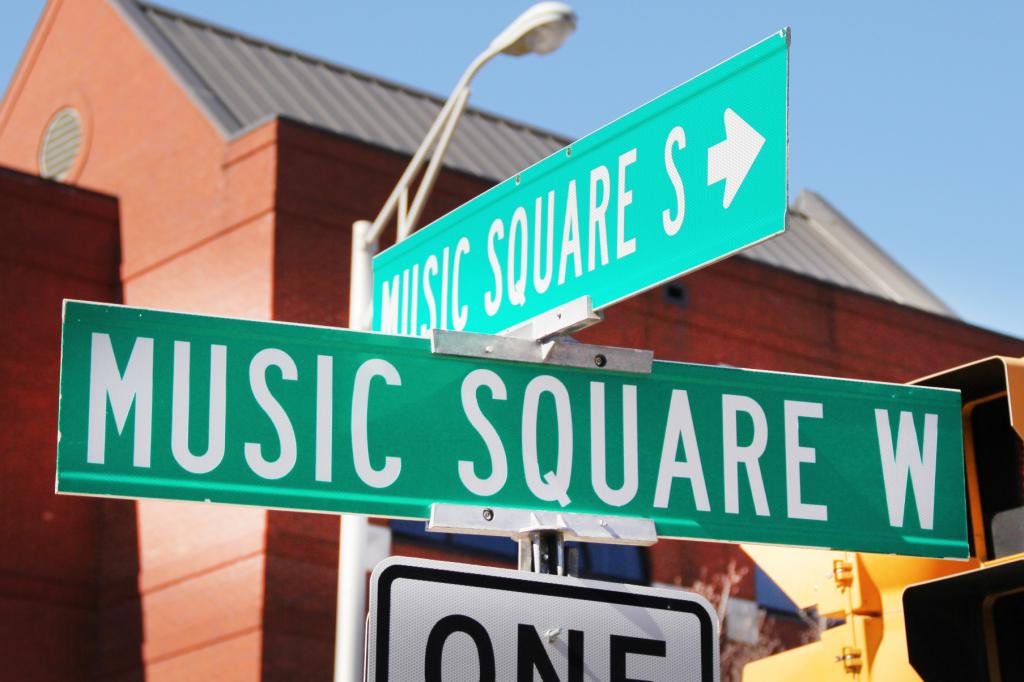Concert touring is a major aspect of the music industry, bringing live performances to audiences all around the world. It has a long and rich history, dating back to the traveling minstrel shows of the Middle Ages, and continues to evolve and change as technology advances and cultural attitudes shift. In this essay, we will delve into the history of concert touring, the various types of tours, the behind-the-scenes logistics, the impact of the COVID-19 pandemic, and the future of concert touring.
The history of concert touring can be traced back to the traveling minstrel shows of the Middle Ages, where bards and troubadours would travel from town to town, performing songs and telling stories to entertain audiences. This tradition continued through the centuries, with traveling performers taking their shows to different regions and countries. In the 19th and early 20th centuries, circuses, vaudeville acts, and touring orchestras were popular forms of entertainment.
The advent of recorded music in the early 20th century changed the concert industry dramatically. Performers no longer needed to travel as extensively to reach their audiences, as recorded music could be sold and played in any location. However, live performances remained a crucial part of the music industry, and touring continued to be an important way for artists to promote their music and connect with fans. In the 1960s and 1970s, the rock music scene exploded, and concerts became an integral part of youth culture. With the rise of arena rock, tours became even more elaborate, with large-scale stage setups, pyrotechnics, and elaborate lighting shows.
There are several different types of concert tours, each with its own unique characteristics. The most common type of tour is a traditional headlining tour, where an artist or band performs their own set of songs at venues around the country or world. Supporting tours are similar, but with one or more opening acts performing before the headliner. Festival tours are multi-day events featuring multiple artists, often at outdoor venues, such as Coachella, Lollapalooza, or Glastonbury. Residency tours are when an artist performs a series of shows at a single venue, such as Las Vegas. Themed tours are concerts centered around a specific concept, such as a tribute show or a "greatest hits" tour.
The behind-the-scenes logistics of a concert tour are complex and often chaotic. A tour manager is typically responsible for coordinating all aspects of the tour, from booking venues and transportation to arranging for local crew and equipment. A tour production manager is responsible for the technical aspects of the show, such as lighting, sound, and stage setup. Touring musicians, technicians, and roadies travel with the artist or band, working long hours to ensure the success of each show.
One of the biggest challenges in concert touring is dealing with the physical demands of traveling and performing. Touring musicians and crew must be able to handle long hours, time changes, and the physical strain of performing night after night. In addition, touring can be emotionally and mentally taxing, with long periods of time away from friends and family. Despite these challenges, many musicians and crew members find touring to be one of the most rewarding aspects of their careers, providing a sense of community and the opportunity to connect with fans around the world.
The COVID-19 pandemic has had a devastating impact on the concert industry, with tours and events cancelled or postponed worldwide. The loss of income has been devastating for musicians and crew members, who rely on touring to make a living. In addition, venues, promoters, and other industry professionals have been hit hard by the pandemic, with many struggling to stay afloat.




